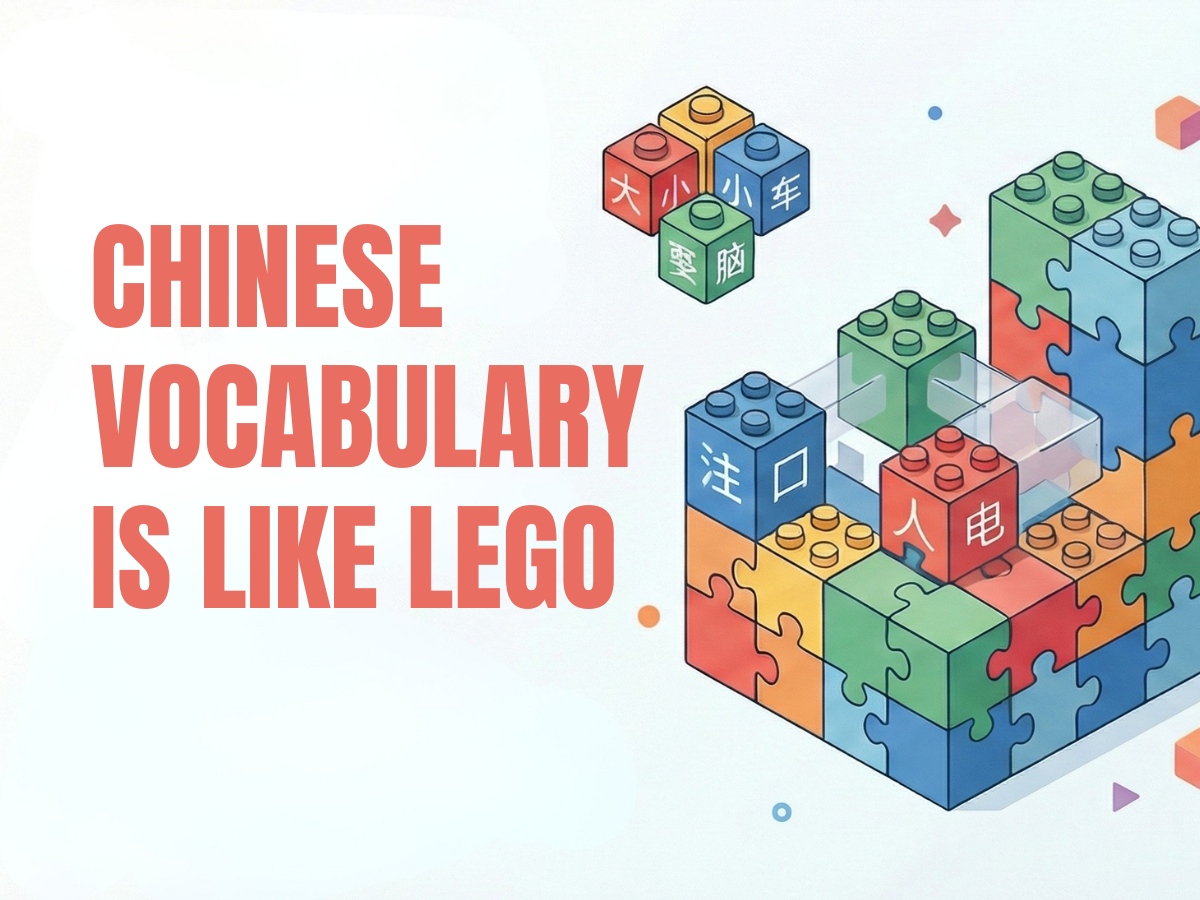Cinco de Mayo - Fifth of May
Origins of this Special Date
Historical dates are meant to teach us. To remind us of what is really important as countries, and communities. Human values should not disappear into the unreal web of social media, and ultra-speed communication. There is much more to human life than cold-hearted tech.
Cinco de Mayo, which means "Fifth of May", commemorates the unforgettable victory of the Mexican army over French forces at the Battle of Puebla on May 5, 1862. This date should not be confused with Mexico’s Independence Day. It is celebrated on September 16th. Cinco de Mayo holds major relevance among the country’s national milestones for many reasons. It is an everlasting symbol of Mexican unity and resilience, in extremely difficult times marked by outside attacks, and local conflicts.
During the mid-19th century, although Mexico had recently gained independence from Spain, the political and social landscape was far from ideal. The country was deeply wounded by internal conflicts, and financial instability. As many other Latin American countries over history, Mexico was in debt with several foreign governments of stronger, and more powerful countries. And the combination of external pressures and internal turmoil was not making life any easier. Mexico was sitting on a ticking bomb.
One of Mexico’s main creditors was France. Due to the growing economic challenges, the country had suspended its payments to France, among others. The response from French Emperor Napoleon III was more political than financial. He intended to expand French dominion in the new lands, the Americas, and this included setting a foothold in Mexico. Therefore, he decided to invade the country. No more no less. The French forces, with supporting troops from other European countries, arrived at Veracruz by the end of 1861. Their intention was to invade Mexico City and set base for a French-ruled monarchy led by Maximilian I.
.jpeg)
The Impossible Happened
The Mexican troops were considerably smaller than the invader’s army. The local forces were less equipped, and not even professional soldiers. But their courage was unbeatable. Led by General Ignacio Zaragoza Seguín, the Mexican resistance fought admirably against the French army at the Battle of Puebla on May 5, 1862. This became a relevant moment in Mexican history. Against all odds, this small army formed mainly by mestizo and indigenous soldiers, displayed an amazing combination of strategy, determination, and bravery.
They managed to repel the French invasion, and inflict numerous casualties on the enemy’s lines. Not the victor nor the defeated expected this. It was unthinkable. That is why the unique character of such a triumph in Puebla became so much more than a won military battle.
A Deeper Meaning for Future Generations
The triumph at Puebla boosted the people’s morale greatly and it reinforced a growing sense of national unity and pride. It showed the world, and themselves, that the Mexican people were capable of defending their newly acquired sovereignty against external imperial powers.
Cinco de Mayo is a lasting reminder and reaffirmation of Mexico’s resilience and noble character as a nation. It stands tall as a symbol of Mexico’s marvelous cultural heritage, their national unity, and the ethereal strength of spirit, even in the face of cruel adversity.
Celebrations in the XXI Century
Let us remember that Cinco de Mayo is not a federal holiday in Mexico. It is primarily commemorated in the state of Puebla. During the festivities, people organize parades, traditional music festivals, reenactments of the battle, and they prepare authentic Mexican cuisine.
In the United States, Cinco de Mayo has transformed into a cultural event. Many cities host festivals and concerts, all showcasing Mexican music, food, and art. This has turned into a wider symbol of inclusivity, diversity and cross-cultural exchange, celebrating Mexican heritage.
Unlock the power of glocalization with our Translation Management System.
Unlock the power of
with our Translation Management System.















.avif)
.avif)

.avif)
.avif)
.avif)







